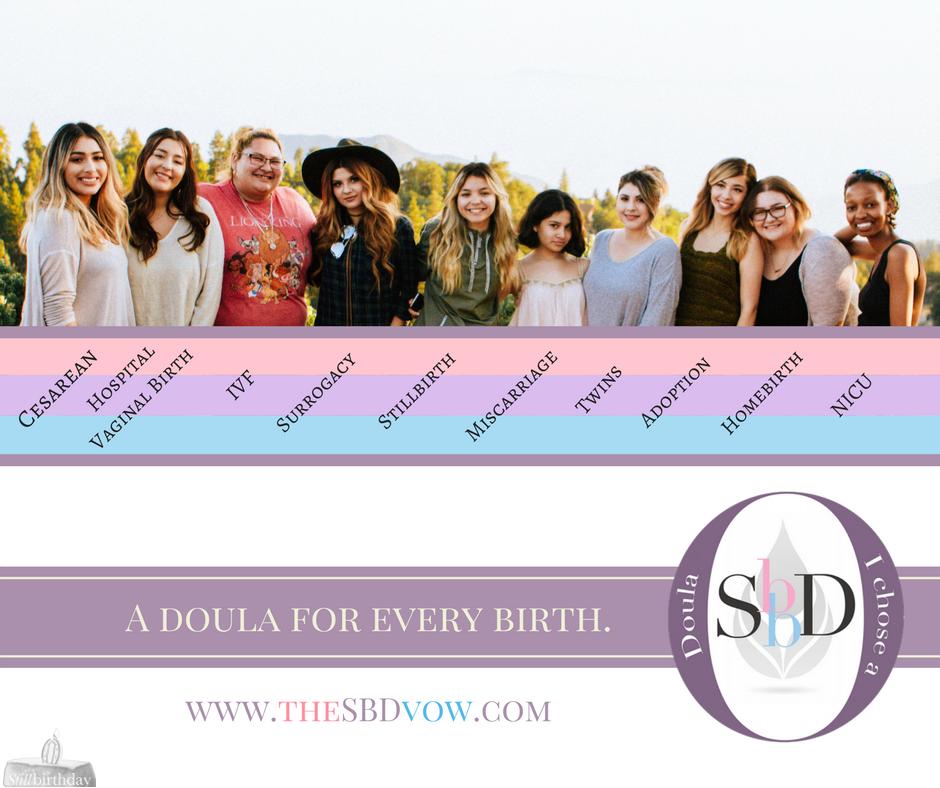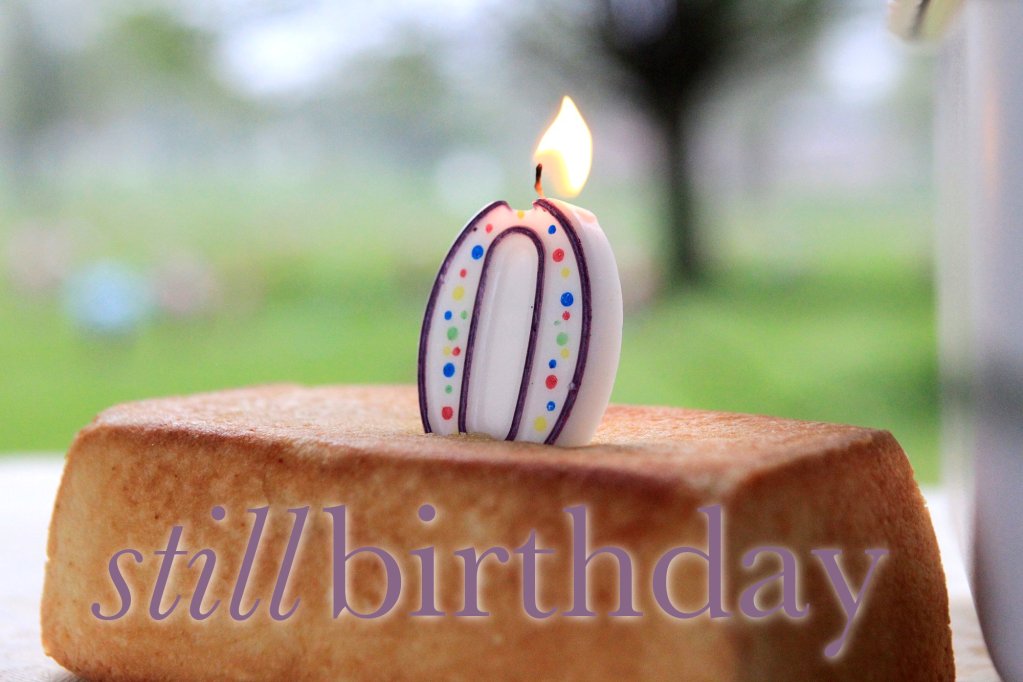I recently read an extremely biased and negative article regarding public grieving. In this article, the author made it clear that her view is that all public grieving is disturbing. Because I do not want to promote this distasteful, uneducated article, I won’t be linking to it here, but I’ll tell you that she included the following examples as being disturbing:
- Jay-Z wrote a song about miscarriage and embracing his live daughter after the miscarriage experience.
- The Duggar family shared photos of their miscarried baby with their loved ones.
- Loss mothers grieve on Facebook.
The question isn’t just if we loss mothers can go too far with our online grieving, but what is it about public grieving that is uncomfortable for those around us?
Take it from Babies
When a baby is hungry, is scared, has a dirty diaper, is bored, is cold or is hot, the baby cries. The baby will cry until his needs are met – and these are all needs, even if some of them may seem subjective.
If the mother does not respond to the baby, the baby will continue to cry. In addition to the original need, now the baby senses danger. The baby becomes scared that his mother is not responding. The brain fills with neuron killing cortisol, the baby’s basic trust in his environment is undermined, and the baby is thrust into a fight-or-flight response. This stress potentially causes a lifetime of heightened stress reactions to even everyday situations, and a lifetime inability to control anxiety. Additionally, the mother’s role of loving and protecting becomes endangered; if the mother ignores her baby’s crying, she is more likely to ignore his more subtle cues of pain and distress.
The baby will eventually quiet – not because he is satisfied or well, but because he is processing this compounded stress, and trying to assimilate his unsafe world.
The fact is that caregivers who habitually respond to the needs of the baby before the baby gets distressed, preventing crying, are more likely to have children who are independent than the opposite (e.g., Stein & Newcomb, 1994). In short, ignoring a baby’s needs causes the baby psychological damage – and not just in the privacy of his crib, but everywhere, every day.
When loss mothers are ignored, when we cry and nobody responds to us, when they slam the door and tell us that we are inconveniencing them, our grief becomes compounded by the feeling of abandonment. The original need we had – to mourn our children – is joined by the unmet need of validation, love, and respect – and we respond to this intensified stressful situation much the same as babies with unmet needs do – it carries into our everyday lives, and doesn’t stay hidden within the walls of our home. Ignoring grieving mothers until they feel they are unsafe to talk about it has been our approach for far too long. Now that we are finally beginning to provide the needed care that mothers deserve, we should not revert back to ignoring and shoving grieving mothers into silence.
It’s Not a Prank
Mothers have no control over the appearance of their miscarried or stillborn babies. Changes to the physical form of the baby take place immediately and rapidly once the baby dies. Some babies have skin peeling, they have discoloration, they frankly have an appearance that might not be found on a Gerber jar. When mothers share these photos, they are in no way attempting to gross you out or disturb you, nor or they pretending not to notice what their children might look like to you. They are seeing past these physical changes into the reality that this is their child. They are asking you to reach into your heart and ask yourself what it would be like to live the rest of your life knowing that your child is dead. They are asking you to see that this child mattered, and matters, and is a real part, a missing part, of their everyday family.
Before you tell a loss mother that the way she is grieving is disturbing you, consider asking yourself if the reason it is disturbing is something not on her part, but on yours. Are you empathetic by nature? Do you value children by nature? Do you have children? Have you ever lost a child? Have you ever imagined what your life would be like if one of your children died – regardless of how old they may be? Have you experienced the death of a close family member before? How did you work through it? When was the last time a friend called you or sought you out to help them in their time of pain? Take note if you find it difficult to remember a time in which this has happened, and if you do remember, take time to reflect on the compassion and empathy you provided to them. When was the last time you needed empathy? Did you receive it, or not? How did that feel?
If you cannot respond politely, than politely do not respond.
With all of that said, there are respectful ways to share our grief publicly, and us loss moms would do well to remember:
Don’t Play Red Rover
Anger can be a natural part of our grieving process. Sometimes, anger toward the care provider may seem warranted. If your provider was a doctor, and you feel that the care you were given was poor, it can be tempting to search out midwives or those who believe in less medical involvement around pregnancy. These unsuspecting midwives will encourage natural methods in pregnancy in general – but likely do not know what your heart is carrying and that the care you need is much deeper than distancing yourself from medical support. Likewise, if your provider was a midwife, it can be tempting to search out doctors or other medical professionals who believe in more medical involvement around pregnancy. These unsuspecting doctors will encourage more medical methods in pregnancy in general – but likely do not know what your heart is carrying and that the care you need is much deeper than distancing yourself from less medical support.
I encourage you – if you are upset with your provider at all, please do not petition other providers of different perspectives to elicit their complaints about the care you received during your loss. This is not as healing as you think it might be, and can end up confusing you and even leaving you feeling used by the very people you sought to help you.
If you are a professional in pregnancy (midwife or doctor) who has been approached by a loss mom eliciting complaints about the experience she endured, please refer her to grief support services. Later, after she has worked through her grief, she would be in a better place to decide whether pursuing more information around her birth experience would be beneficial to her.
Remember Your Wedding
Consider your wedding. You may have had a professional photographer, and you may have shared many of your wedding photos with others. You may have shared a great deal about your wedding day – but, the wedding night, was reserved for just you and your husband. You may have posted a photo of the wedding dress on the internet, but you didn’t post a photo of your nightgown, as beautiful as it was, because it was just for your man to see. The same is true with our children, whether they are alive or not. There should be some parts of their lives that we are willing to keep private, as special little moments or memories just within the family. We can still speak to the very real life and the very real death of our child without intentionally exposing others to things they might feel overwhelmed with. Let others know ahead of time that you are going to share a particularly shocking photo, for example, and surround yourself with people who will speak lovingly and empathetically to your broken heart; these are people who can also help give positive and helpful information to anyone who may respond negatively or hurtfully to you.
Most importantly, put yourself in a safe place before you share.
Get into a Safe Place
There are many places designated as safe for sharing about our losses. Online groups, local groups within your community, and stillbirthday are all safe places to share. Here, we can hold your precious photos and your most intimate words. Comments are moderated and nobody is allowed to leave a mean or hurtful remark. Content cannot be duplicated by others, and people come here knowing what to expect to see. Public grieving can get real tricky real fast.
Protect yourself by not exposing your heart to others who may not be prepared to provide you with the love and respect you deserve.











Personally I have had several tragedies in my life that Father God taught to release and give it to him at any time including the grocery store in the candy isle. most people did not even pay attention and for those that it may have bothered them in a negative way that’s there problem and something they need to address within themselves. No one complains when you smile in public.
Wow, Heidi. Really powerful advice here. Sharing on my professional page…
Angie
Such wonderful guidance for such a difficult subject. As a mother of a stillborn son, and having suffered many, many miscarriages, I can tell you it’s a thousand times easier to share online than in real life. It somehow feels like sharing in real life is selfishly disrupting other people’s lives and attention-grabbing, though I know it isn’t really so. In cyberspace, by contrast, I can share openly, and typically only people with similar situations will read or respond to what I share. The occassional negative comment can be deleted with the click of a button and written off as a hard-hearted stranger without the power to hurt me. But you’re right in warning people to be careful of sharing in the wrong place or to the wrong people. Seeking a forum specifically designed for grief support is much safer than status updates on facebook or twitter, for sure.